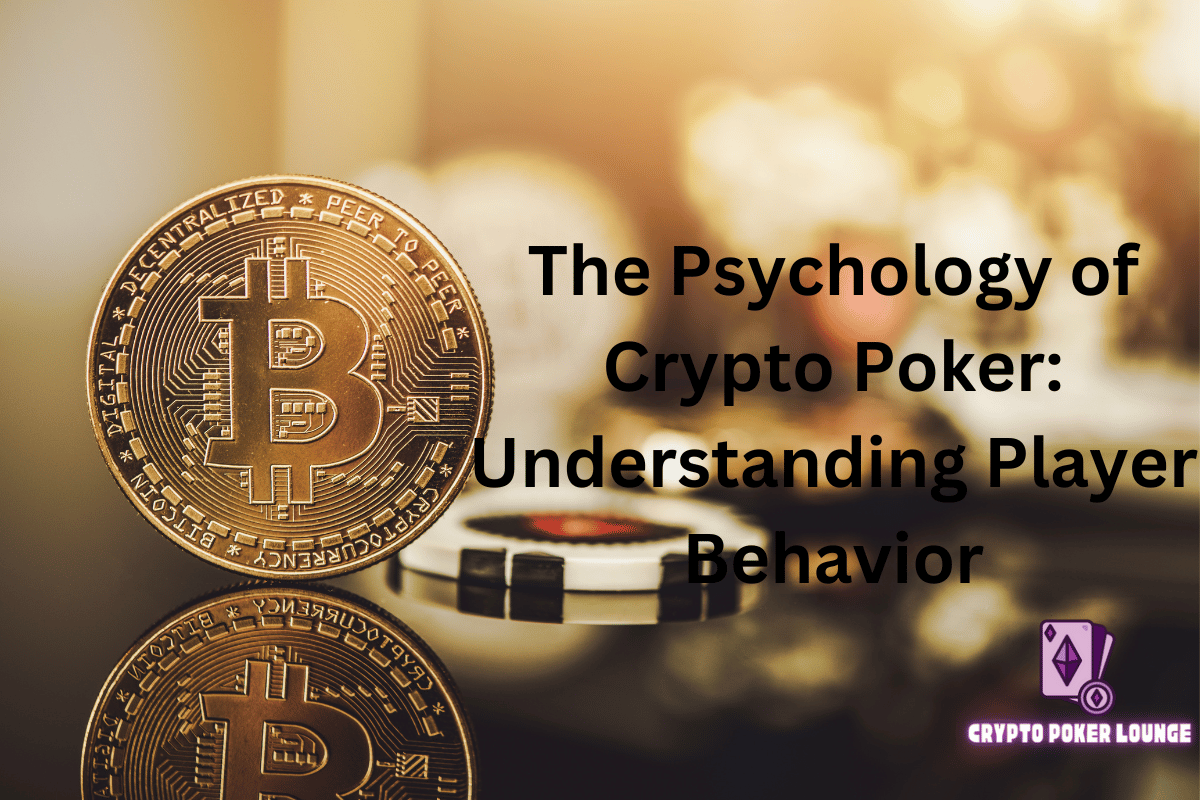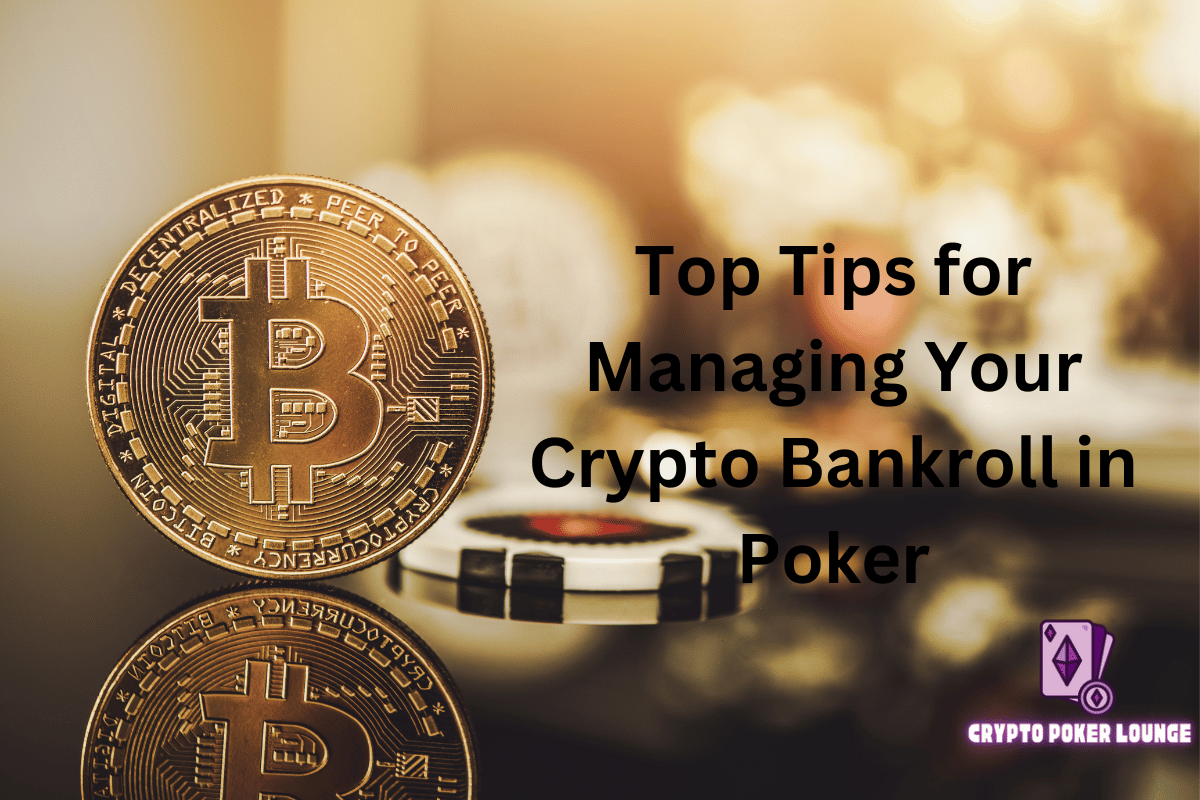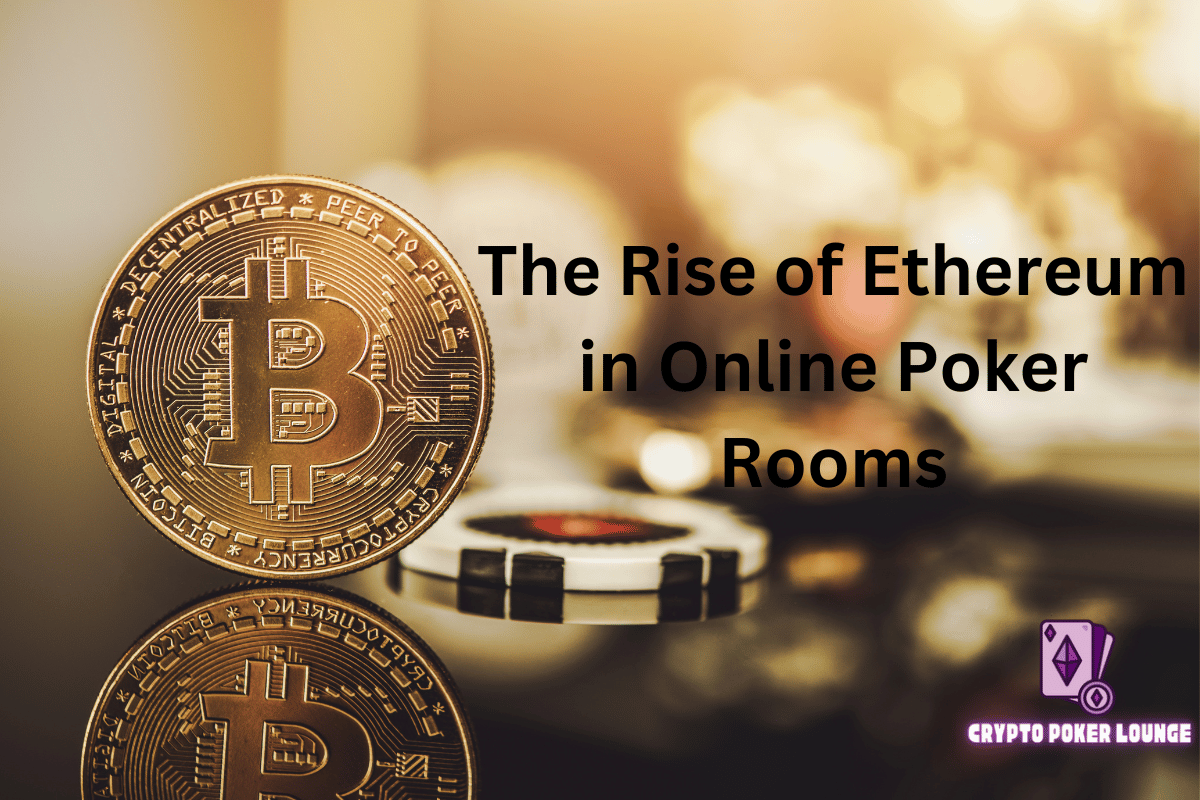
In the world of online poker, players often wear their poker face like armor, concealing a myriad of complex emotions beneath the surface. As we explore the intricate web of thoughts and feelings that drive player behavior in the realm of crypto poker, we uncover fascinating insights into what truly motivates individuals in this high-stakes environment.
From understanding the allure of the game to delving into the dynamics of decision-making under uncertainty, the psychology of crypto poker offers a captivating glimpse into the minds of players navigating a digital landscape fraught with both risks and rewards.
The Allure of High-Stakes Games
The allure of high-stakes games in the world of crypto poker lies in the adrenaline-fueled excitement and potential for substantial financial gains. Players with a high risk appetite are drawn to these games due to the thrill of putting it all on the line for a chance to win big. The adrenaline rush experienced during intense moments in high-stakes crypto poker can be addictive, driving players to seek out that rush repeatedly.
Understanding one’s risk appetite is crucial in navigating the high-stakes crypto poker scene. Players who thrive in these environments often have a higher tolerance for risk and are willing to make bold moves to outmaneuver their opponents. The combination of strategic gameplay and the element of chance creates a dynamic setting where quick thinking and calculated risks can lead to significant rewards.
Emotional Rollercoaster of Wins and Losses
When players experience a series of wins, their confidence and risk-taking tendencies often increase, potentially impacting their decision-making processes.
Conversely, consecutive losses can lead to frustration, self-doubt, and a more conservative approach to gameplay.
Understanding how these emotional highs and lows influence our cognitive functions is crucial in navigating the unpredictable terrain of crypto poker.
Winning High, Losing Low
During intense sessions of crypto poker, players often experience a surge of euphoria when winning big hands, followed by a profound sense of frustration when facing consecutive losses. This emotional rollercoaster can significantly impact a player’s risk management and bankroll strategy.
When on a winning streak, players might become more inclined to take higher risks due to the adrenaline rush of success, potentially jeopardizing their long-term profitability. Conversely, after a series of losses, players might play more conservatively or even tilt, leading to further financial setbacks.
Understanding this psychological phenomenon is crucial for players to maintain a balanced approach to risk management and stick to their bankroll strategy, ensuring that emotions don’t cloud their judgment during both winning highs and losing lows.
Impact on Decision-Making
Experiencing significant swings in outcomes, such as winning large sums followed by consecutive losses, can profoundly influence decision-making processes in crypto poker players. These emotional rollercoasters can impact risk tolerance levels, causing players to either become more cautious or overly aggressive in their gameplay.
When on a winning streak, players may exhibit lower risk tolerance, taking on more significant risks due to overconfidence. Conversely, after a series of losses, players might become more risk-averse, leading to overly conservative decision-making.
Moreover, cognitive biases, such as loss aversion and recency bias, can further cloud judgment during these swings. Recognizing and mitigating these biases is crucial for maintaining a balanced decision-making approach in the volatile world of crypto poker.
Decision-Making Under Uncertainty
Navigating the intricate landscape of crypto poker involves making calculated decisions amidst inherent uncertainties. When it comes to decision-making under uncertainty, players often rely on risk assessment to evaluate potential outcomes. However, cognitive biases can skew this assessment, leading players to make suboptimal choices. For instance, the gambler’s fallacy, where individuals believe that past events can influence future outcomes, can cloud judgment in poker. Additionally, availability heuristic may cause players to overestimate the likelihood of certain events based on how readily examples come to mind.
To combat the impact of cognitive biases, it’s essential for players to approach decision-making with a rational mindset. Implementing strategies that focus on probabilities and expected value can help mitigate the effects of biases. By incorporating data-driven analysis into our decision-making process, we can make more informed choices, even in the face of uncertainty. Ultimately, understanding the interplay between risk assessment and cognitive biases is crucial for enhancing our performance in the challenging world of crypto poker.
Fear of Missing Out (Fomo)
In the realm of crypto poker, the Fear of Missing Out (Fomo) can significantly influence decision-making strategies, potentially leading players to deviate from rational choices based on a desire to stay in the game. This phenomenon is often driven by an investment mindset, where players fear missing out on potential gains if they fold too early.
Moreover, peer pressure within the game can intensify the Fomo effect, pushing individuals to make impulsive actions to avoid feeling left out. The herd mentality that can develop at the virtual tables exacerbates this issue, as players may feel compelled to follow the actions of others to not miss a perceived opportunity.
Understanding how Fomo operates in crypto poker is crucial for players to avoid falling into the trap of making decisions based on emotions rather than logical reasoning.
- Investment mindset
- Peer pressure
- Impulsive actions
- Herd mentality
- Emotional decision-making
Social Dynamics at Virtual Tables
Understanding the intricate social dynamics at virtual poker tables is essential for players seeking to enhance their strategic gameplay and adapt to the evolving landscape of online competition. Table etiquette plays a crucial role in setting the tone for interactions among players. Politeness, respect for others, and timely decision-making contribute to a smoother gaming experience. Observing nonverbal cues, such as betting patterns, reaction times, and chat behavior, can provide valuable insights into opponents’ strategies and intentions. These subtle cues can be just as informative in the virtual realm as they’re in traditional poker settings, influencing decision-making and the overall flow of the game.
Maintaining a balance between engaging in social interactions and focusing on the game is key to success in online poker. While camaraderie and banter can create a sense of community and entertainment, players must remain vigilant of distractions that could impact their gameplay. By mastering the social dynamics at virtual tables, players can gain a strategic edge and improve their overall performance in the competitive world of online poker.
Motivations for Long-Term Engagement
When analyzing motivations for long-term engagement in crypto poker, we need to consider:
- Player retention strategies
- Incentives for continued play
- The importance of building community connections
These factors play a crucial role in keeping players actively involved in the game, contributing to a vibrant and sustainable poker ecosystem.
Understanding what drives individuals to stay engaged over time is key to fostering a thriving community and ensuring the long-term success of crypto poker platforms.
Player Retention Strategies
Implementing personalized rewards and tailored experiences has been proven to be a pivotal factor in enhancing player retention rates in the world of crypto poker. To keep players engaged for the long term, it’s essential to employ strategies that go beyond just the game itself. Here are some effective player retention techniques:
-
Customized Loyalty Programs: Tailoring rewards based on individual player preferences.
-
Exclusive Tournaments: Offering unique tournament experiences for loyal players.
-
Community Engagement: Encouraging players to interact with each other through forums or social media.
-
Achievement Badges: Recognizing and rewarding player milestones and accomplishments.
-
VIP Clubs: Providing special perks and benefits for high-rolling players.
Incentives for Continued Play
Utilizing tailored incentives and personalized rewards is essential for fostering long-term engagement and motivation among players in the realm of crypto poker. Reward systems play a crucial role in shaping player incentives and retention strategies. By analyzing engagement patterns and player behaviors, operators can design effective reward structures that cater to individual preferences, driving continued play.
Understanding the psychology behind player motivations allows for the implementation of strategic retention tactics that keep participants engaged over extended periods. Incorporating dynamic rewards tied to milestones or achievements creates a sense of progression and accomplishment, encouraging players to remain active within the platform. By aligning incentives with player preferences and consistently evaluating and adapting reward systems, operators can enhance player satisfaction and cultivate a loyal player base in the competitive landscape of crypto poker.
Building Community Connections
Studying player interactions and social dynamics within the crypto poker community unveils key motivations that drive sustained engagement over time. Building strong community connections is essential for long-term player retention and satisfaction.
Here are five crucial factors in community building and player interactions:
- Shared Experiences: Players bond over common victories and losses.
- Communication Platforms: Engaging forums and chat features foster connections.
- Tournaments and Events: Organized competitions promote camaraderie.
- Virtual Gifting: Sending gifts enhances social ties within the community.
- Leaderboards and Rankings: Healthy competition encourages interaction and friendly rivalries.
Understanding and nurturing these elements can lead to a vibrant and active community that keeps players coming back for more.
Frequently Asked Questions
How Does the Psychology of Crypto Poker Differ From Traditional Poker in Terms of Player Behavior?
In crypto poker, player motivation and risk assessment drive decisions. Cognitive biases impact decision-making more than in traditional poker. The anonymity and fast-paced nature of online play amplify these factors, altering player behavior significantly.
What Role Does Risk-Taking Behavior Play in the Decision-Making Process of Crypto Poker Players?
Risk-taking behavior is a pivotal aspect in the decision-making process of crypto poker players. By assessing risks, we gauge potential rewards and losses, influencing our choices at the tables. Understanding this dynamic is key to strategic play.
How Do Emotions Such as Frustration and Excitement Impact a Player’s Performance at the Virtual Tables?
When emotions like frustration and excitement hit, our game transforms. Cognitive biases sway decisions, affecting our virtual table performance. Mental resilience becomes key, balancing the highs and lows, guiding us through the strategic dance.
Are There Any Specific Strategies That Can Help Players Overcome the Fear of Missing Out (Fomo) in Crypto Poker Games?
When it comes to FOMO management in crypto poker, strategic planning is key. By controlling our mindset and practicing effective bankroll management, we can make rational decisions that are not influenced by fear of missing out.
How Do Social Dynamics at Virtual Tables Affect Player Interactions and Strategies in Crypto Poker Games?
We thought virtual tables would be void of real vibes, but trust dynamics and social cues play big. Psychological effects shape player strategies. Observing interactions can reveal more than just the cards dealt.
Conclusion
As we delve deeper into the psychology of crypto poker, we uncover the intricate web of emotions and motivations that drive player behavior. From the thrill of high-stakes games to the fear of missing out, every decision at the virtual tables is a complex interplay of risk and reward.
Understanding these dynamics is crucial for long-term engagement and success in this ever-evolving landscape of online poker. So next time you sit down to play, remember, it’s not just a game, it’s a mind game.


